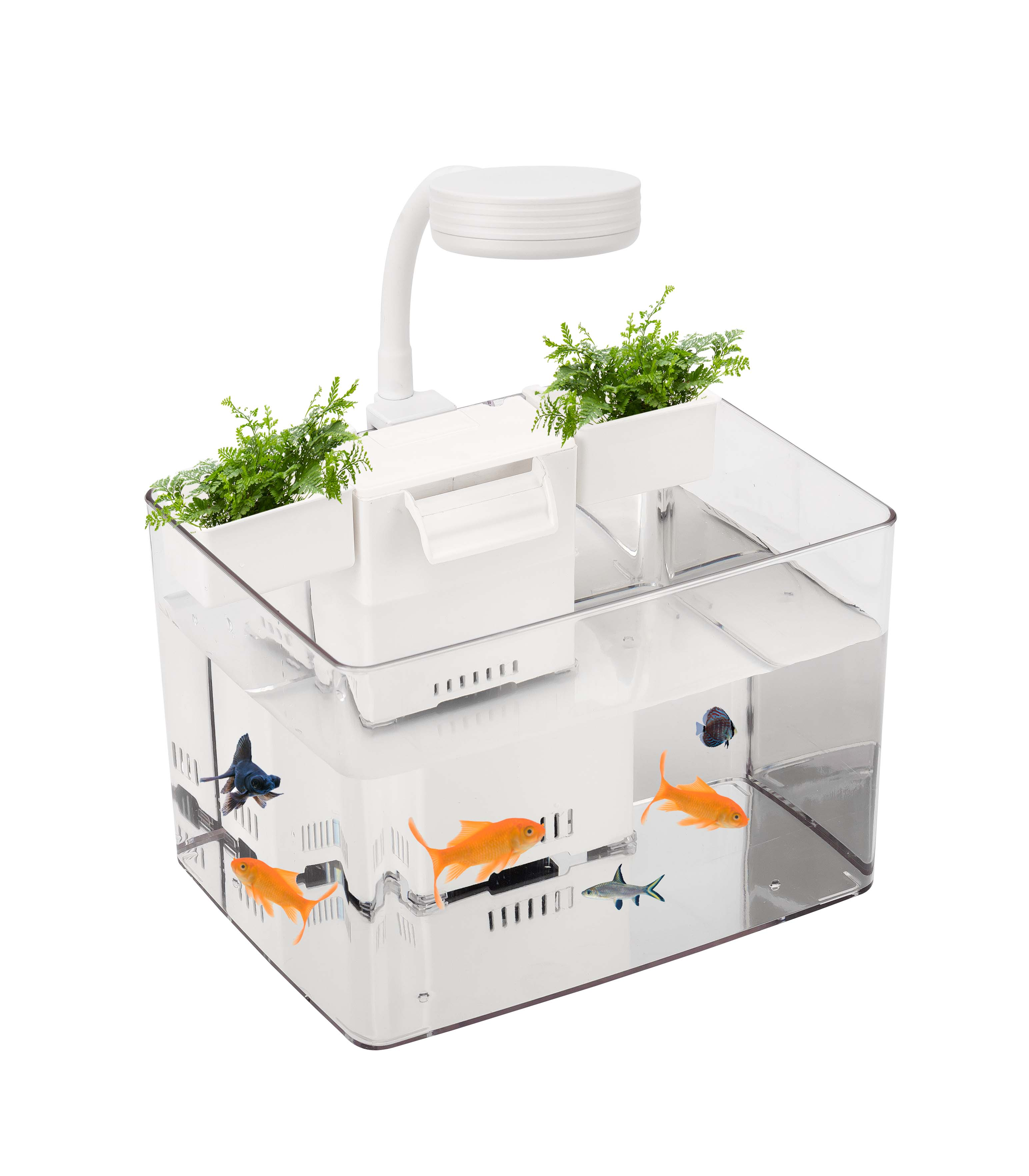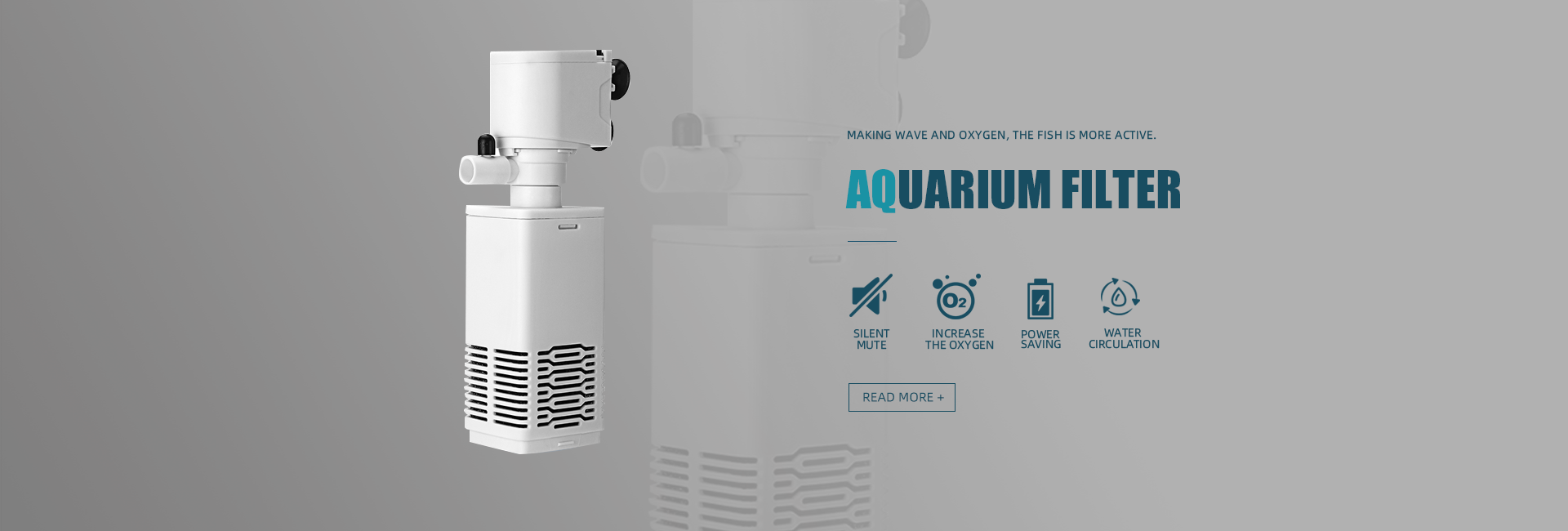In groundbreaking developments, the future of the aquarium industry appears to be about to witness a revolution in the form of aquarium intelligence. Researchers and industry experts uncovered the untapped potential of combining technology and marine life, creating a vision of the future where aquariums become smart ecosystems that not only fascinate visitors but also serve as educational and conservation centers.

Aquariums have always been popular attractions, offering a glimpse into the beauty and mystery of the underwater world. However, advances in technology are now opening up a whole new realm of possibility. By harnessing the power of artificial intelligence and connected systems, aquariums have the potential to transform into self-sustaining smart environments that enhance the visitor experience while advancing ocean conservation efforts.
At the forefront of this movement is OceanX Corporation, a leading underwater exploration and media organization. Their innovative approach combines cutting-edge technologies such as robotics, artificial intelligence and real-time data collection to create smart aquariums that not only replicate natural habitats, but provide insights into ocean behavior and promote sustainable practices.

OceanX CEO Mark Dalio emphasized the importance of engaging and educating visitors through immersive experiences. "We want people to have a deeper connection to the ocean, develop a sense of responsibility and inspire them to protect our marine ecosystems," he said. "With Aquarium Intelligence, we aim to bridge the gap between humans and the underwater world."
The concept of aquarium intelligence involves an interconnected system that monitors and adjusts every aspect of a marine habitat, ensuring optimal conditions for its inhabitants. Sensors throughout the aquarium collect data on water quality, temperature and even the behavior of marine species. This information is then transmitted to an artificial intelligence system that analyzes the data and makes real-time adjustments to maintain the ideal environment.
In addition, using robotic cameras, visitors can explore underwater in virtual reality and immerse themselves in the ocean world without disturbing the natural balance. The live feeds from these cameras also provide marine biologists with valuable insights, allowing them to study animal behaviour, monitor migration patterns and detect any signs of distress or pollution.
In addition to their educational value, these smart aquariums also contribute to marine conservation efforts. OceanX has initiated various restoration programs to promote sustainable practices and environmental awareness. For example, they have implemented captive breeding programs for endangered species, providing a safe environment for their survival and possible reintroduction into the wild.

The potential economic impact of smarter aquariums is enormous. With these advancements, aquariums can appeal to a wider audience, including researchers, conservationists, and even technology enthusiasts. Therefore, create new jobs and create partnerships with universities and research institutions to further study marine ecosystems.
As aquariums evolve into smart ecosystems, animal welfare concerns are also gaining prominence. Experts stress that the wellbeing of marine life should be a priority. To ensure this, OceanX and other industry leaders are working with animal behaviorists and veterinarians to devise ethical guidelines for aquarium intelligence, ensuring that the technology is used to improve marine species rather than exploit them.
The future seems bright for aquariums, as Aquarium Smart promises to bring together technology, conservation, and education. By fostering a deeper connection between humans and marine life, these smart ecosystems can be powerful tools in the pursuit of a sustainable and prosperous ocean for future generations.
Post time: Jul-20-2023
